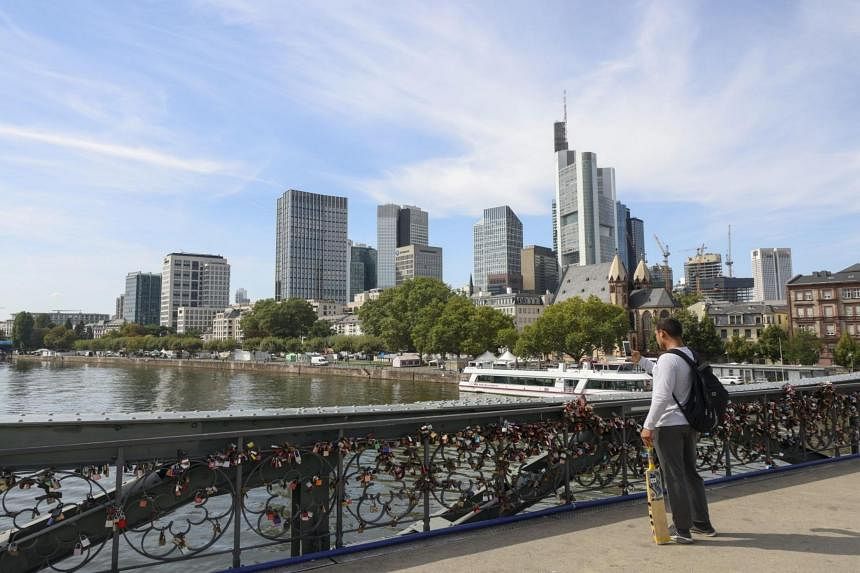Every single warning light is flashing red. Russia's war on Ukraine, an uneven recovery from the Covid-19 pandemic and a drought across much of the continent have conspired to create a severe energy crunch, high inflation, low growth - and enormous uncertainty about Europe's economic future. Governments are rushing to try to help the most vulnerable. And amid the nervous confusion, there is broad agreement on one thing: A recession is coming.
Quite how bad the downturn will be depends on how the energy shock plays out, and how policymakers respond to it. This week, energy prices reached once-unimaginable heights: More than €290 (S$407) per megawatt hour (mwh) for benchmark gas to be delivered in the fourth quarter of the year (the usual pre-pandemic price was around €30); and more than €1,200 per mwh for daytime electricity for the same quarter in Germany (up from around €60). Because gas is the marginal fuel in most European electricity markets, it sets the price for power more broadly.
Already a subscriber? Log in
Read the full story and more at $9.90/month
Get exclusive reports and insights with more than 500 subscriber-only articles every month
ST One Digital
$9.90/month
No contract
ST app access on 1 mobile device
Unlock these benefits
All subscriber-only content on ST app and straitstimes.com
Easy access any time via ST app on 1 mobile device
E-paper with 2-week archive so you won't miss out on content that matters to you

